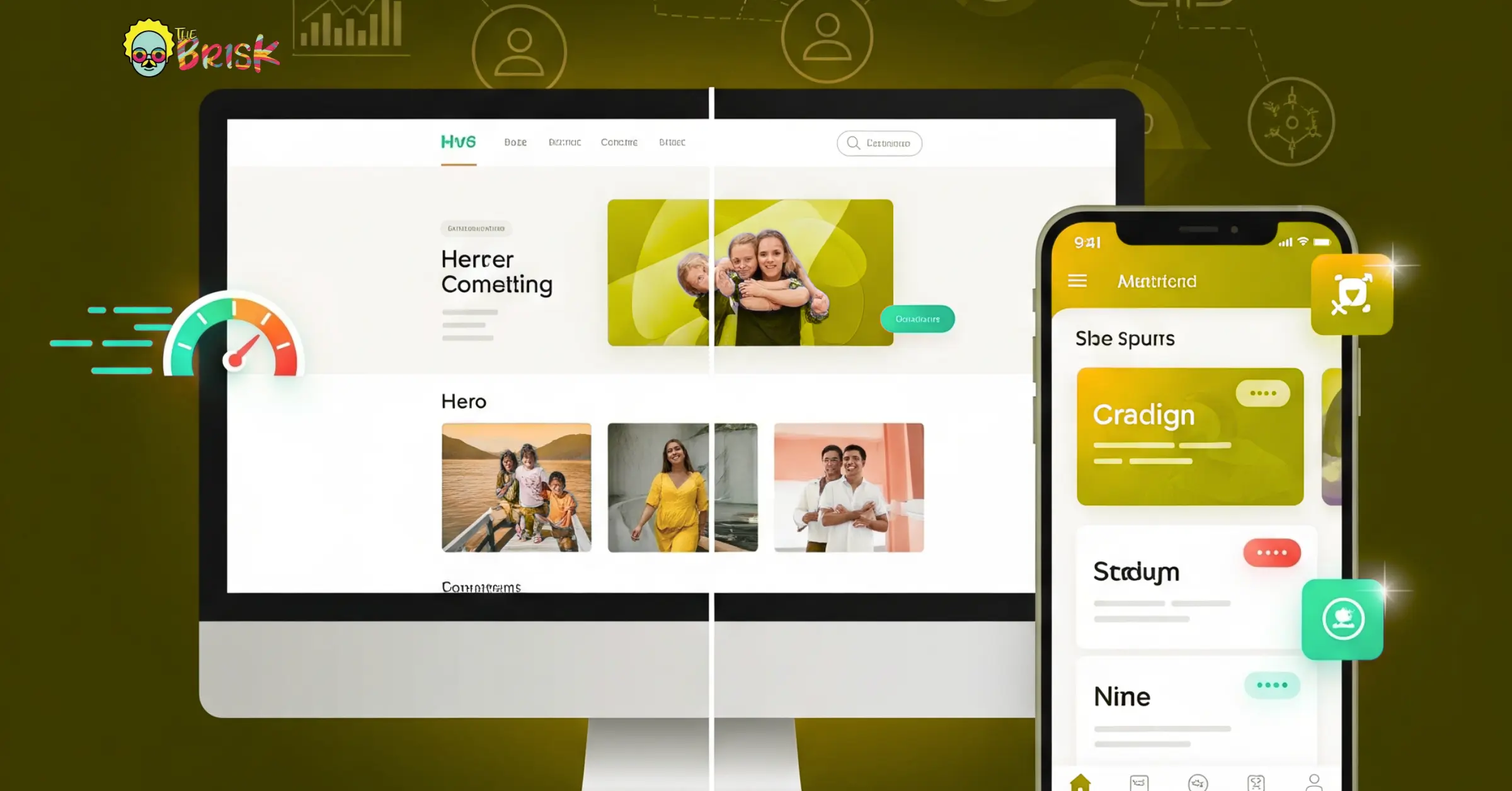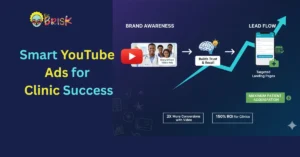Table of Contents
- Overview
- Difference Between Mobile App And Website
- When Do You Need An App?
- Comparison
- Conclusion
Overview
Many business owners face difficult decisions when it comes to choosing between a website and a mobile app for their work. Moreover, they try to determine the best way to reach out to, connect with, and serve their customers.
One of the most important factors influencing this decision is cost-effectiveness. Other factors to consider when comparing app or website setup may be overwhelming for a business owner who just wants to connect with his or her target audience.
However, businesses have recognised the importance of attracting customers through the effective use of mobile channels. But that isn’t enough. To make the most of this channel, they must optimize their mobile apps and websites to improve user experience and outperform their conversion rates.
While some businesses use both mobile websites and apps, others may use only one. The decision between mobile apps and websites is influenced by cost, usability, required features, and the audience they serve.
Although both options have striking visual similarities, there are significant differences in terms of features, the purpose of the app/website, budget considerations, and the size of the audience each option can reach.
Differences: Website vs Mobile Apps
Starting with definitions:
- A mobile website is a website that has been scaled and optimized for mobile devices. It usually has smaller fonts, fewer page elements, and less white space (compared to traditional desktop versions).
- The mobile app is a separate programme that is stored locally on your phone and uses the hardware and software features of the device to provide a better, more intuitive, and faster user experience.
A mobile app is accessible to users via a downloadable file from various Android app stores or the iOS App Store. Once downloaded, the app is automatically installed on the user’s device and does not require the use of a mobile browser to access the content.
At APP Solutions, it is recommended to develop native mobile apps, which are designed for a single platform: Android vs iOS (or, if you’re feeling creative, BlackBerry). You can, however, create a cross-platform app that works with more than one operating system.
A mobile app may provide the user with content that has been downloaded in its entirety to the mobile device, or it may pull some content from the Internet while the app is in use. (Remember that the latter case would necessitate the user having an active Internet connection.)

When Do You Need An App?
Your objectives will ultimately determine whether you use a mobile website, a native app, or both. Consider the following example of a game app: The app is completely downloadable and installable on a mobile device. If you want to create mobile games, the best option is to create mobile apps that users can download.
In contrast, if you already have a website, you may want a mobile website that functions similarly to your existing website and even duplicates the content you provide online. You can provide mobile-friendly content without having to create an entire app for the purpose.
Of course, there will be times when you can benefit from both options. This option is ideal if you already have a website and want to get a mobile app.
When it comes to establishing your mobile/online presence, the most logical order of things is to start with a mobile web presence.
Then, as a secondary, useful application, you can offer a mobile app to your customers for doing specific tasks that they might not be able to complete using a traditional Internet browser. (for example, if your project requires recording a video, which requires camera and microphone access – which, for example, mobile Safari does not allow).
Comparison
Both native applications and mobile websites offer their own set of benefits. In reality, as compared to native apps, a mobile website offers numerous intrinsic advantages:
- You will have a larger reach.
- They are perfect for public relations and marketing campaigns.
- They are less expensive than a smartphone app.
- They are more device-compatible (because you only need a working browser and Internet connection)
There is no need to wait for content, product, or service information when it comes to mobile websites. In today’s society, when it is just as difficult to capture a web user’s attention as it is to keep the user engaged, rapid online access is highly appreciated.
The user does not have to take the time to download or install anything with mobile websites, and while most mobile downloads take only a few minutes, you still run the danger of losing the user’s interest in installing a mobile app in those few minutes.
Furthermore, you do not need to bother about developing distinct apps to allow users of various devices to access the mobile website.
Whether the consumer has a Blackberry, Android, or iPhone, they may see your mobile content as long as they have a browser on their phone. However, if you still have any doubts regarding the above topic, you can always rely on The Brisk for any kind of help.
Upgrading a mobile website is a quick process since you may make modifications to your website and then publish the material.
When it comes to upgrading a mobile app, you will need to make changes to the program and distribute the new updates to users so they may download them before the changes become helpful.
It’s all about the user experience (UX). Consider your user and his or her experience through your website or app in all you do. For example, your website may provide broad information about your project, while your app may track a person’s running workouts or streamline the purchase experience in your e-commerce firm.
Conclusion
Creating both a mobile website and a mobile app for your company can be expensive, so you may have to pick one depending on your budget and business goals.
While both have advantages and disadvantages, mobile applications can help you increase conversions and retention.
Mobile applications provide better personalisation and operational efficiency, as well as a variety of other unique features.
However, if you still have any doubts regarding the above topic, you can always rely on The Brisk for any kind of help.




No Comments